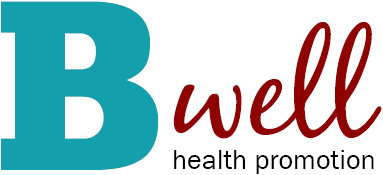Some physically active people are at risk for Relative Energy Deficiency in Sport or RED-S. This often unrecognized disorder can include low energy availability (inadequate caloric intake); with or without disordered eating; amenorrhea (lack of menstrual periods); and low bone mineral density.
It's important to know that, in the context of Relative Energy Deficiency in Sport, disordered eating includes both intentional and non-intentional under-consumption of calories. This can occur both as a function of poor eating habits and as a function of too intense exercise.
In people who menstruate, when the body perceives too great a gap between energy expenditure and energy intake, estrogen levels in the body drop and menstrual periods cease. Normal estrogen levels are needed to maintain calcium content in bone. The result of lower estrogen is that the bones become progressively more porous, resulting in ostopenia, and eventually, osteoporosis.






